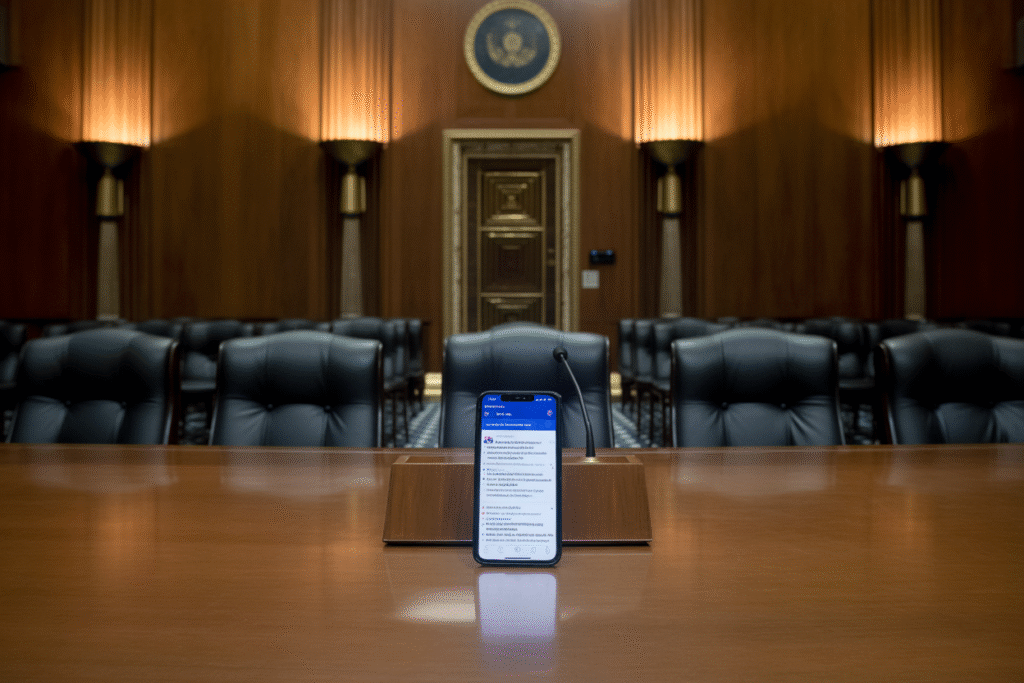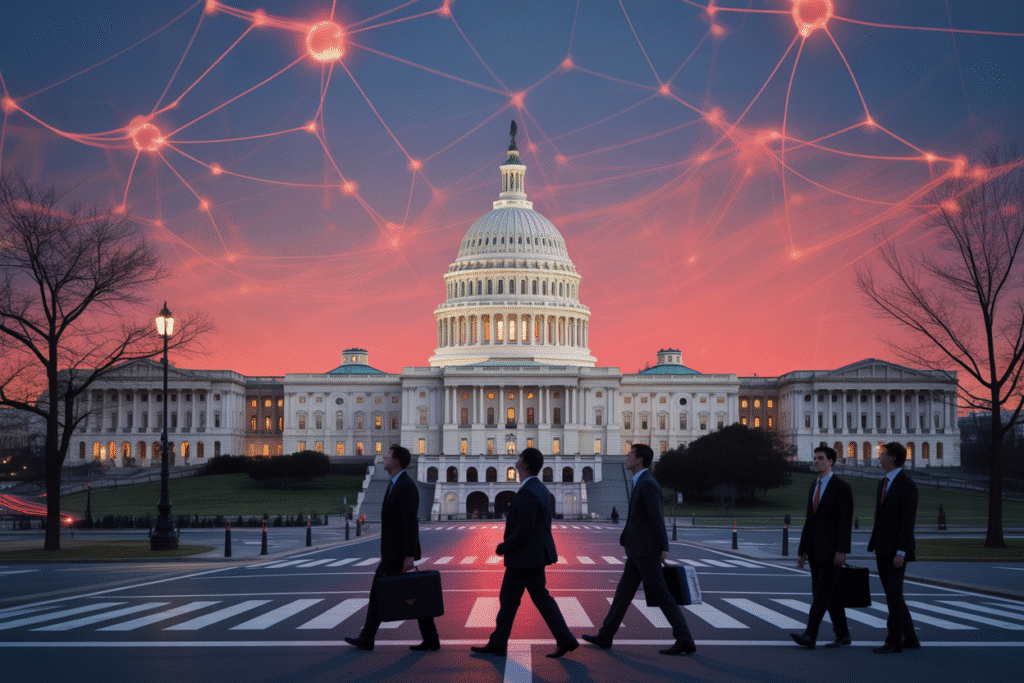A single tweetstorm just ignited the AI regulation debate—here’s why it matters to your job, your privacy, and your vote.
Scroll through X today and one thread is everywhere: Senator Chris Murphy sounding the alarm on a bill that could ban state-level AI oversight for ten full years. In under 280 characters per tweet, he sketches a future where algorithms addict kids, erase jobs, and tilt elections—unless we act now. Below, we unpack the firestorm, the facts, and what it means for all of us.
The Tweet That Lit the Fuse
Chris Murphy’s thread dropped like a match in dry grass. “This is a stone-cold giveaway to Big Tech,” he wrote, linking a draft bill that would block states from regulating AI until 2035.
He painted three flashpoints: kids glued to addictive feeds, deepfakes flooding swing states, and mass layoffs hitting every sector from trucking to teaching.
Within minutes, the post racked up thousands of likes, retweets, and quote-tweets. Supporters praised him for finally calling out regulatory capture; critics accused him of fear-mongering and stifling innovation.
The thread’s genius lies in its simplicity—no jargon, just stakes. Whether you’re a parent, a coder, or a cashier, Murphy made the abstract feel personal.
Unpacking the 10-Year Ban
So what exactly is in this bill? At its core, it’s federal preemption on steroids: any state law touching AI training data, model auditing, or algorithmic transparency would be null and void.
Proponents argue uniformity helps U.S. firms compete globally. Imagine fifty different compliance regimes—startups would drown in red tape while China races ahead.
Critics counter that states are the labs of democracy. California’s privacy act, Illinois’ biometric rules, and Texas’ content-moderation statutes all sprang from local urgency, not Beltway consensus.
The tension boils down to speed versus safety. Do we trust Congress—often gridlocked and lobbied—to update rules faster than Sacramento or Austin? Murphy’s thread screams no, and the replies suggest millions agree.
What Happens If It Passes
Picture 2030. Facial recognition is baked into every streetlight because no city council can ban it. Your teenager’s homework app is optimized for engagement, not learning, and the only recourse is a federal complaint form.
Job displacement accelerates. Truckers watch convoys of driverless rigs roll past state lines untouched by local hiring quotas. Teachers confront AI tutors that never sleep, never unionize, and never ask for a raise.
Meanwhile, political campaigns deploy synthetic avatars that whisper personalized promises in every dialect imaginable. Without state watchdogs, who checks the code for bias?
Murphy’s nightmare scenario ends with a call to flood Senate offices before the vote. His thread closes with a simple dare: “Tell them your job, your kid, your democracy is not for sale.”
The ball is in our court—call, email, tweet. Silence now could echo for a decade.


